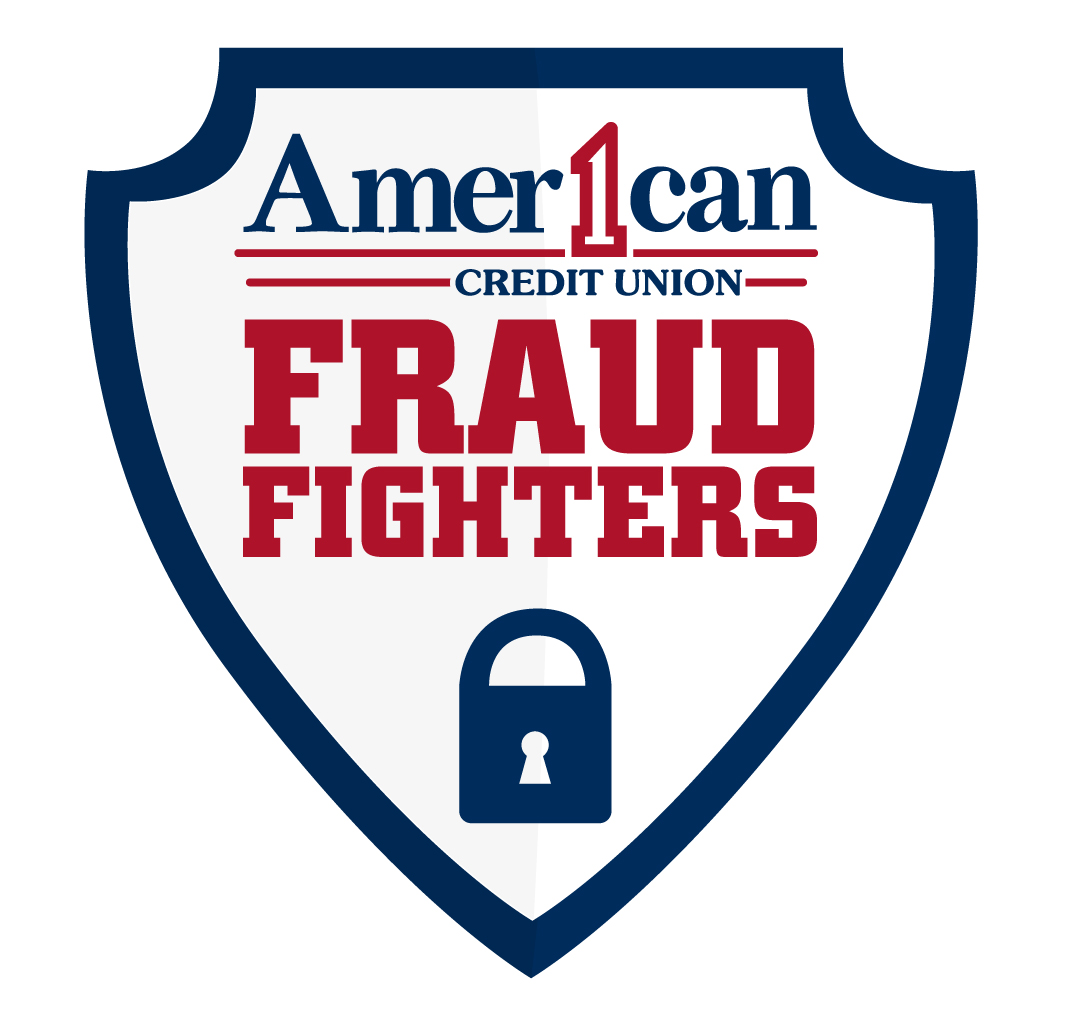
We are all learning to adapt and adjust to the changes that have come our way with the arrival of the Coronavirus (COVID-19) pandemic in the United States. When there is tension, fear, and heightened emotions, scammers tend to take advantage. The Governor of Michigan and Michigan Attorney General offices are doing an excellent job at pushing out scam information to keep citizens aware and on alert to potential vulnerabilities.
Medicare/Medicaid Fraud
Scammers are attempting to gain consumer insurance information by calling from what appears to be a legitimate number, yet has actually been spoofed, offering medication for COVID-19 and at-home tests. The caller will ask for the consumer’s Medicaid or Medicare number for billing purposes, but what they are really doing is gaining this information to send fake bills. If you receive a call you believe to be a scam, the best thing you can do is hang up and report to the Michigan Attorney General's office at 877-765-8388.
Phishing Scams
Scammers are sending unsolicited emails attempting to gain access to your computer and your bank account. Never click on links from sources you don’t know. During the pandemic, be cautions with emails claiming to be from the CDC or other experts saying they have information about the virus.
Phishers will also seek play to your generosity by building fake nonprofit organization websites to collect donations. Do your research when it comes to nonprofit organizations you want to support. The IRS offers a database where you can enter the name of the organization and see if it is exempt or not.
Stimulus Checks
Recently, President Trump signed H.R.748, The CARES Act now and many of us have questions. The IRS is working diligently to provide a timetable for stimulus checks to arrive in accounts or mailboxes.
If you are contacted (by phone or email) with promises of getting your stimulus earlier than most - beware! This is a scam. Do not release any information. Hang up and report!
Any phishing emails you receive can be forwarded to phishing@irs.gov. The IRS is monitoring this email and is actively trying to shut down these scammers. For reliable information about your stimulus check, visit https://www.irs.gov. 
Remember, we are all in this together, stay safe, protect your personal information, and wash your hands.